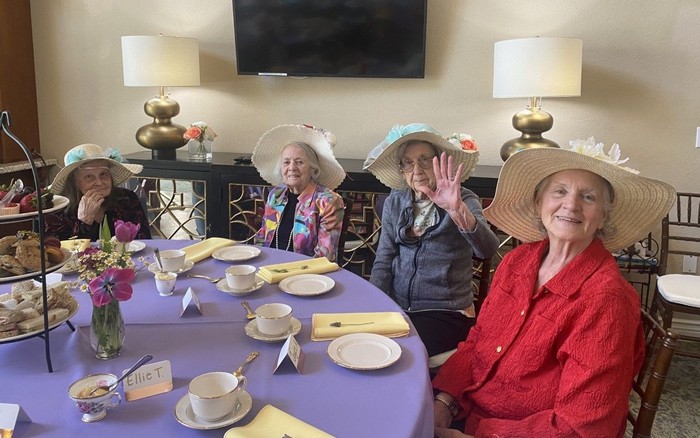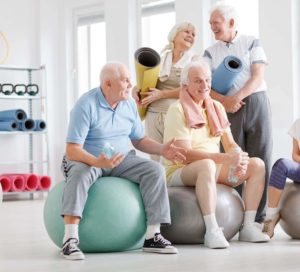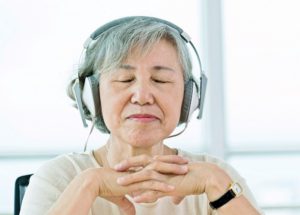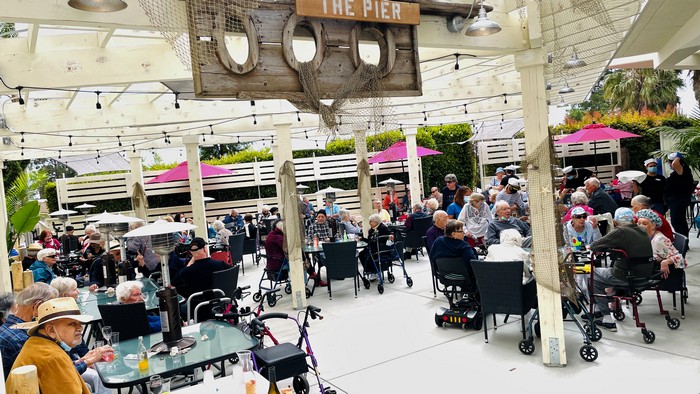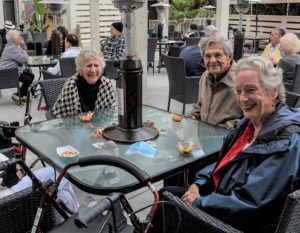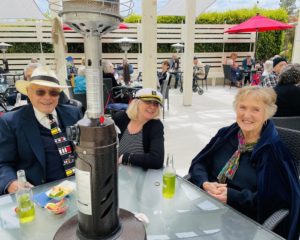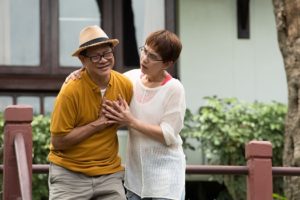
A stroke happens when something changes how blood flows through the brain. Blood brings oxygen and nutrients to brain cells. If blood can’t flow to a part of the brain, cells that do not receive enough oxygen suffer and eventually die. If brain cells are without oxygen for only a short time, they can sometimes get better. But brain cells that have died can’t be brought back to life. So, someone who has had a stroke may have trouble speaking, thinking, or walking.
There are two major types of stroke. The most common kind, ischemic, is caused by a blood clot or the narrowing of a blood vessel (an artery) leading to the brain. This keeps blood from flowing into other parts of the brain and keeps needed oxygen and nutrients from reaching brain cells. Blockages that cause ischemic strokes stem from three conditions:
Formation of a clot within a blood vessel of the brain or neck, called thrombosis
Movement of a clot from another part of the body, such as from the heart to the neck or brain, called an embolism
Severe narrowing of an artery (stenosis) in or leading to the brain, due to fatty deposits lining the blood vessel walls
In the second major kind of stroke, hemorrhagic, a broken blood vessel causes bleeding in the brain. This break in the vessel also stops oxygen and nutrients from reaching brain cells.
Some risk factors for stroke, like age, race, and family history, can’t be controlled. But you can make changes to lower your risk of stroke. Talk to your doctor about what you can do. Even if you’re in perfect health, follow these suggestions:
With stroke, treatment depends on the stage of the disease. There are three treatment stages for stroke: prevention, therapy immediately after stroke, and rehabilitation after stroke. Stroke therapies include medications, surgery, and rehabilitation.
Medication or drug therapy is the most common treatment for stroke. The most popular kinds of drugs to prevent or treat stroke are antithrombotics–which include antiplatelet agents and anticoagulants–and thrombolytics. Thrombolytic drugs, like t-PA, halt the stroke by dissolving the blood clot that is blocking blood flow to the brain. Antithrombotics prevent the formation of blood clots that can become stuck in an artery of the brain and cause strokes.
Surgery and vascular procedures can be used to prevent stroke, treat stroke, or repair damage to the blood vessels or malformations in and around the brain. These include angioplasty, stenting, and carotid endarterectomy.
Someone who has had a stroke might be paralyzed or have weakness, usually on one side of the body. He or she might have trouble speaking or using words. There could be swallowing problems. There might be pain or numbness.
Stroke may cause problems with thinking, awareness, attention, learning, judgment, and memory. Someone who has had a stroke might feel depressed or find it hard to control emotions. Post-stroke depression may be more than general sadness resulting from the stroke incident. It is a serious behavioral problem that can hamper recovery and rehabilitation and may even lead to suicide.
There are many different ways to help people get better after a stroke. Many treatments start in the hospital and continue at home. Drugs and physical therapy can help improve balance, coordination, and problems such as trouble speaking and using words. Occupational therapy can make it easier to do things like taking a bath or cooking.
Some people make a full recovery soon after a stroke. Others take months or even years. But, sometimes the damage is so serious that therapy cannot really help.
For More Information on Stroke
National Institute of Neurological Disorders and Stroke
800-352-9424 (toll-free)
[email protected]
www.ninds.nih.gov
